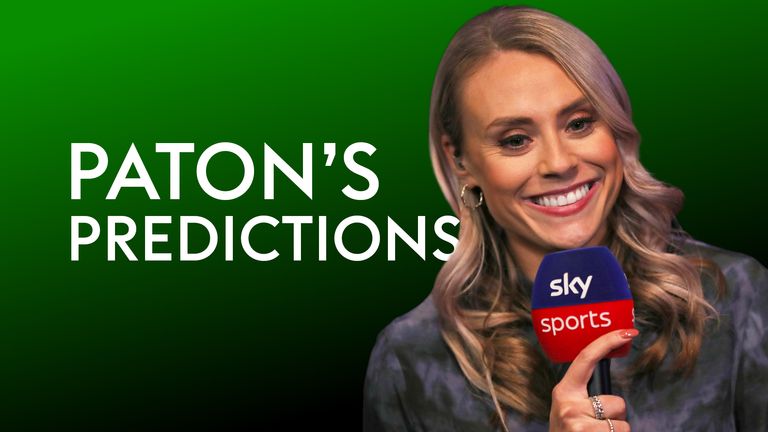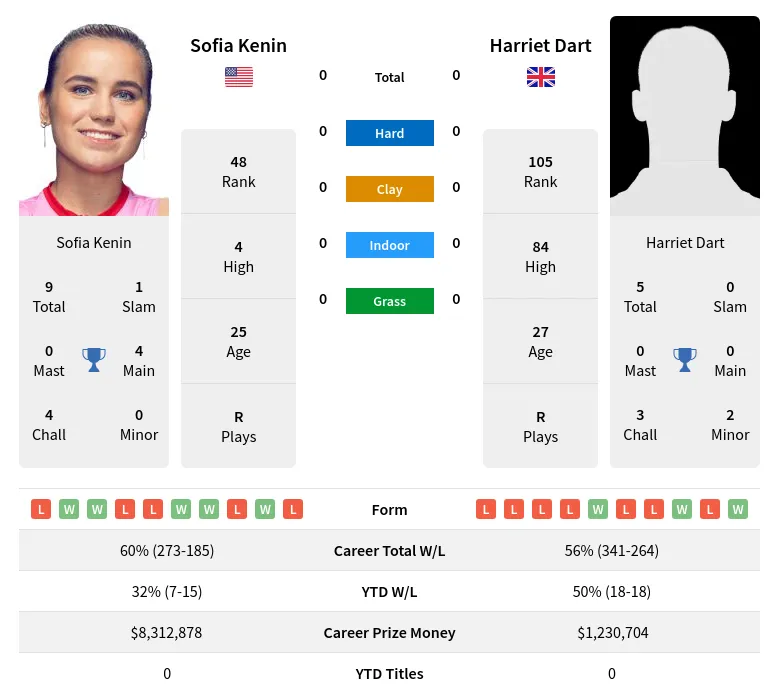Darts Predictions? Here’s 10 Tips To Get The Most From Your Head-To-Head Records.
It is crucial to evaluate head-to-head records before making predictions regarding darts matches, because certain patterns and patterns have the ability to affect the outcome of a contest. These ten tips will aid you in assessing head-to-head records more efficiently.
1. Check out the overall record
Total Losses and Wins Take a look at the total performance of both wins and losses between the two players. A significant difference between the wins of each player may indicate the psychological benefits for that player.
2. Recent Encounters
Recent Matches: Prioritize the outcomes of their most recent games. Darts can change shape, and therefore recent results usually reflect current trends more accurately than previous ones.
3. Match Importance
Review the context in the context in which previous head-to-head matches took place. Players’ performances can differ when they play high stakes matches like finals and even early rounds.
4. The evaluation of the playing styles
Style compatibility: Take into account how the style of both players affect the other. Certain players may struggle with fast-paced games, while other may flourish when playing slower, more deliberate games.
5. How to Analyze the Winning Margins
Scoreline dominance: Check the margins between scores in the previous games. Matches that are always close may indicate an even-matched rivalry. While wide margins could indicate dominance.
6. Check Venue History
Venue Performance – Compare the performance of players in various venues. Certain players could have a home advantage or perform better in certain places.
7. Assess Psychological Edge
Mental Toughness – Think about if a player has an advantage in terms of psychological strength. One player with an excellent head-to-head record might enter the match more confident, which can affect performance.
8. Take into account the differences in format
Match Format: Take note of the previous format they used for their match (e.g. best of 7, or best of 11). Certain players excel in shorter format matches, while other players are more successful when playing longer games.
Review Performance Trends and Review
Momentum Shifts: Look for trends in their head-tohead time-series, like a player who is winning more often, after initially struggling. The changes in momentum could indicate changes in the dynamics.
10. Examine External Factors
Recent Changes: Take into account any recent changes, like new coaching, changes in equipment, or major life events. These can alter the dynamics of a previous head-to-head records.
By carefully analyzing these aspects to gain more insight into how head-tohead records might influence the outcome of a darts match and lead to more accurate and accurate predictions. Follow the most popular Darts Picks Today for blog recommendations including prediction s, betting tips today, best dart players ever, today at the darts, betting today, picks for tonight, darts betting predictions, winning betting tips, tips for betting today, darts tips today and more.

Darts Predictions – 10 Tips To Assess The Conditions And Venue
The conditions and location at a darts game can greatly influence a players performance. These ten tips will help you assess these variables.
1. Understand Venue History
Past performance: Check the performance of players at the venue in the previous. Certain players excel in particular locations due to the familiarity or positive experiences.
2. Review Stage and Lighting Conditions
Visibility Take note of the quality and amount of light in the room. A performer’s ability to be precise can be affected by poor lighting or bright spotlights that are harsh.
3. Measure the temperature and humidity
Climate Control: Examine the humidity and temperature levels. Extreme conditions may affect dart grip and level of comfort for players.
4. Be aware of the size and behavior of crowds.
Crowd Influence: Examine the size and behavior of crowd. A loud, partisan crowd can create additional pressure or boost a player’s performance, based on their temperament.
5. The Venue Layout
Stage Setup. Assess the layout and distance of the venue. A large crowd that is close to the stage can be intimidating for players. A setup with fewer people could be more conducive to more calm, focused players.
6. Review Noise Levels
Acoustics & Distractions Consider the acoustics at your space, and any distractions that may occur. Noise levels that are high and sudden interruptions may distract the player in critical times.
7. Assess Board and Oche Quality
Playing Equipment: Examine the condition of the dartboards (the throwline), and the Oche. Wear-out boards and uneven surfaces of the oche’s surface could affect the confidence of players.
8. Have a look at recent renovations or changes
Venue Changes – Make sure you are aware of the latest renovations and changes in your location. The new setups or the unfamiliar surroundings can disrupt an athlete’s rhythm, particularly when they expected something different.
9. Analyze travel and accommodation factors
Travel Fatigue: Consider how the distance traveled and the accommodation could affect players. Travel fatigue can be caused by long travel times and poor accommodations.
10. Examine your emotional and mental Comfort
Player Comfort: Evaluate the level of comfort that a specific player feels when they are in the location. Some players be associated in positive or negative ways with specific venues. These associations can affect their mental health and performance.
It is possible to make more accurate predictions by taking into account these aspects. Read the recommended Darts for website advice including darts predictions tomorrow, darts betting picks, darts betting, darts predictions weekend, best prediction, today prediction, darts tonight, darts betting tips today, darts picks, bet prediction and more.

